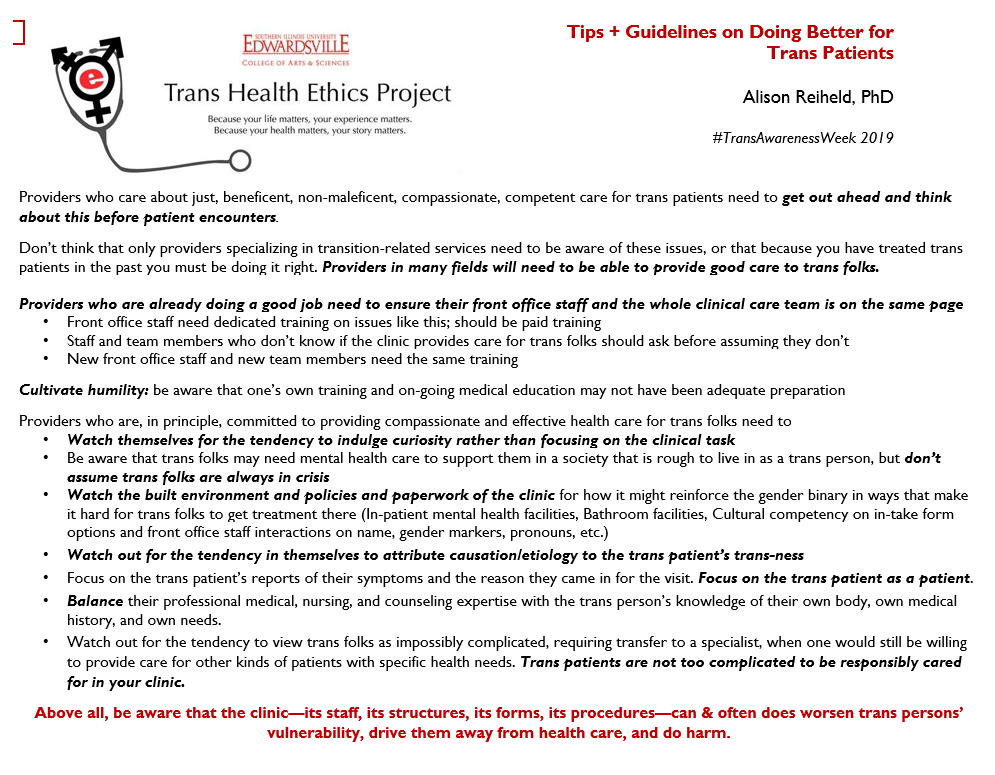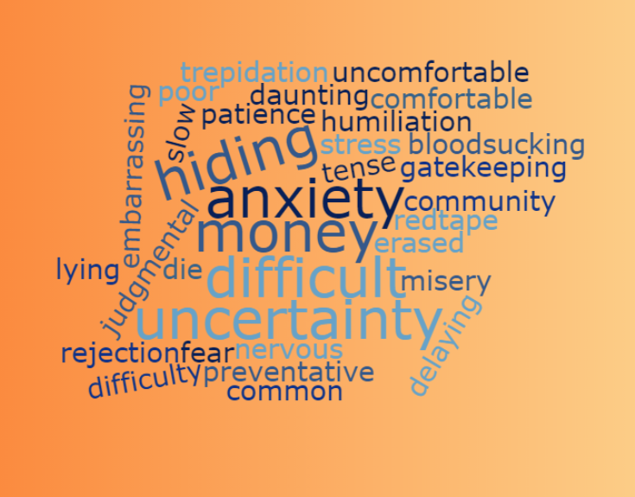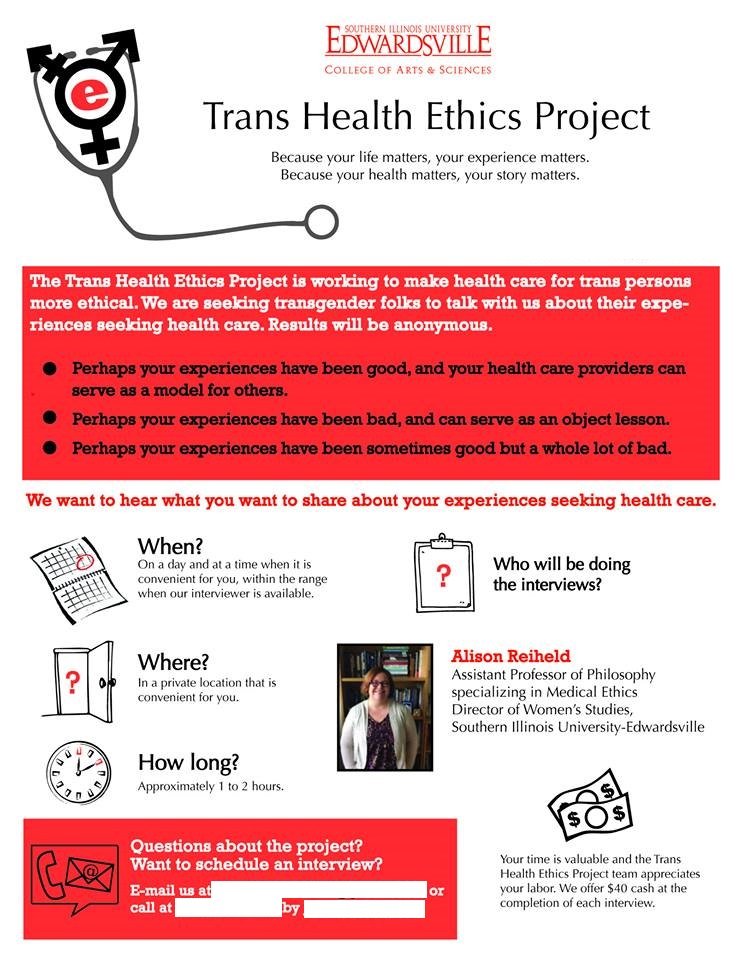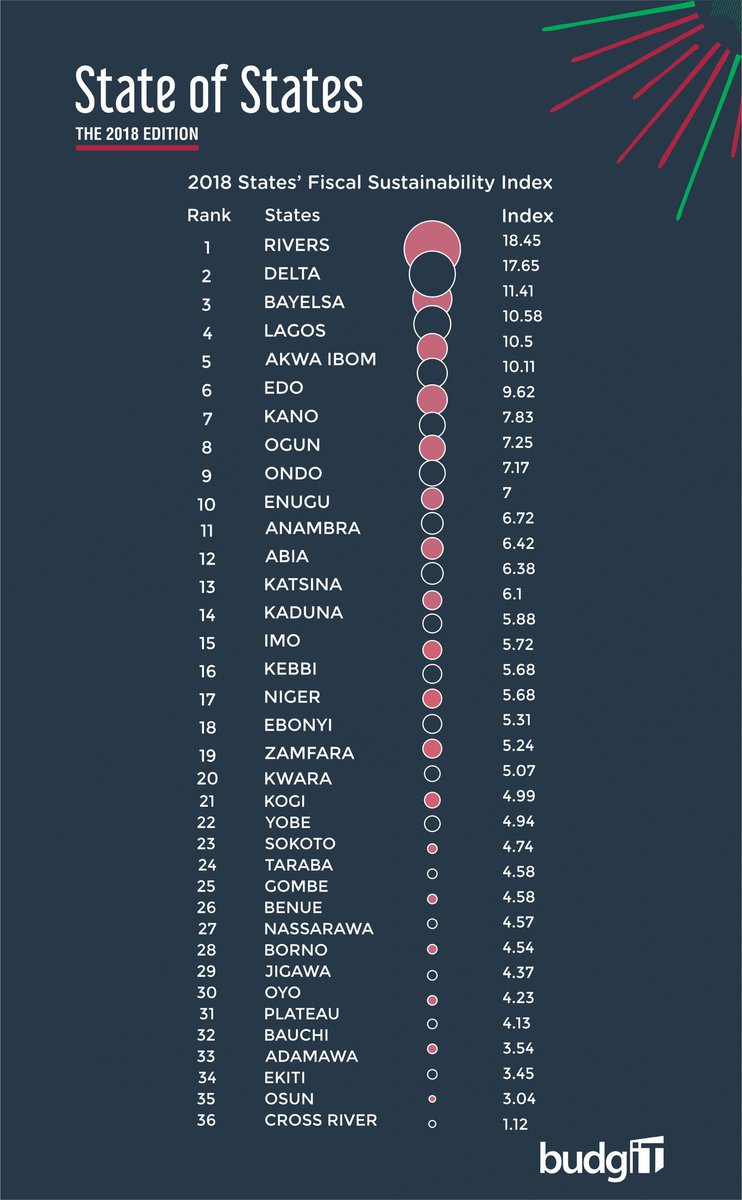#TransAwarenessWeek #bioethics
basic things rather than starting with a birthdate, because that kind of breaks it down. It seems
weird but if you start with a birthdate then we can start somewhere..." 3/n
your insurance card?' so that instead of saying what’s your legal name it’s just saying
what’s on your insurance card. So that and then..." 4/n
you under?" and "what pronouns can I list for you?" There have been some that have been
really good about that." 5/n
office that [I] call, I’ll change my voice if I have to so that I can get through with less problems... upping it, to sound more feminine." 6/n
slideplayer.com/slide/12704516/
12/n
16/n
END THREAD
END #TransHealthEthicsProject posts for #TransAwarenessWeek









